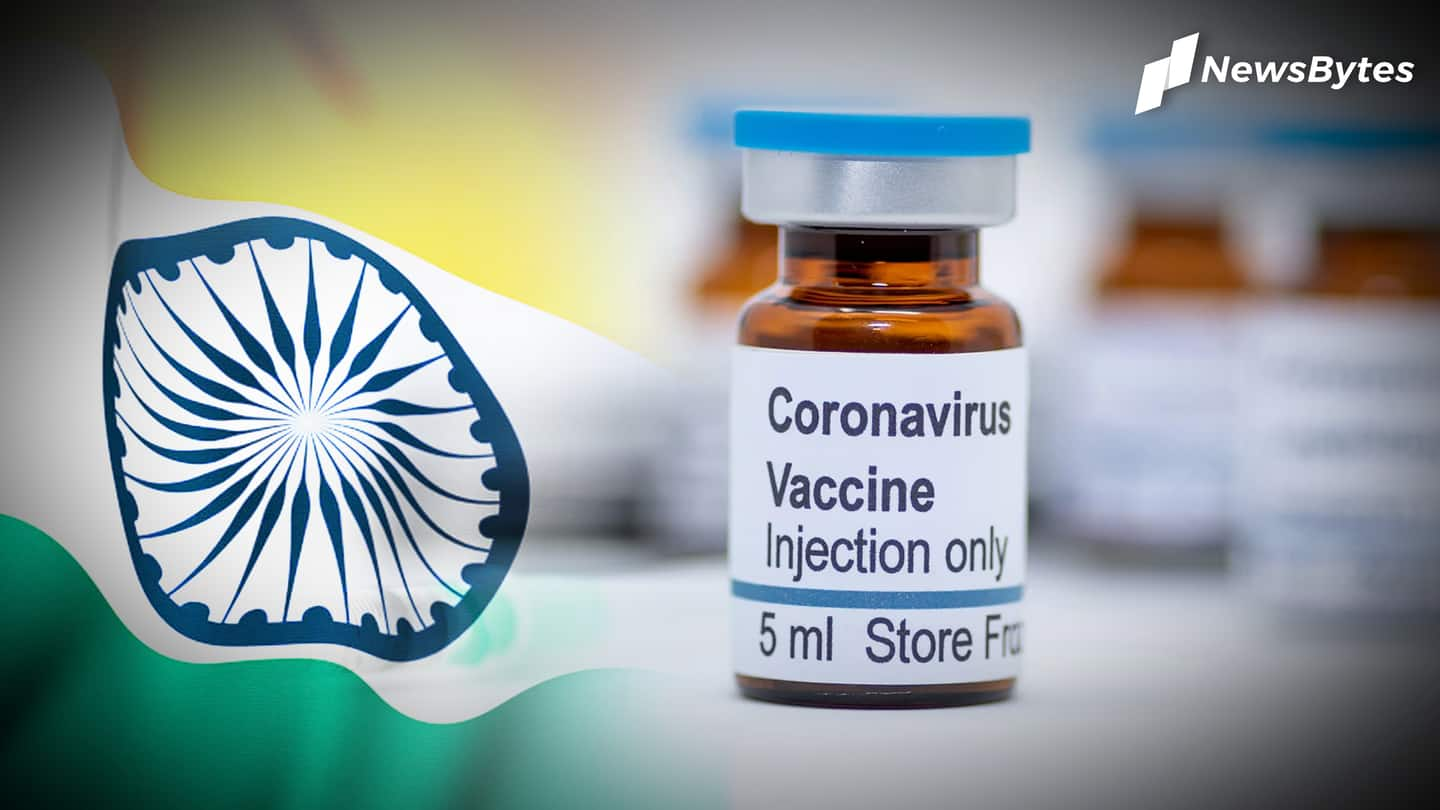
Before vaccination drive, Centre explains dos and don'ts to states
What's the story
Just as India is readying itself for the massive coronavirus vaccination drive, the federal government explained to the states what they should do and what not, to ensure the entire process is seamless.
Though three dry runs have been conducted so far, the Centre, clearly not wanting to leave any loose ends, sent a comprehensive fact sheet on Thursday.
Here's what states were told.
Rules
Vaccines only for those above 18, for now
States have been strictly told to administer the vaccine only to those aged above 18. Two doses of both vaccines — COVAXIN and Covishield — have to be administered to provide protection against the highly contagious disease.
The Centre asked states to be extra careful and not interchange vaccines after the first dose. The doses have to be given after a gap of 28 days.
Details
Pregnant, lactating women should not be given the vaccine
Pregnant women, or those who are unsure of their pregnancy, or lactating mothers shouldn't get the vaccine.
The Centre said the inoculation will have to be postponed by four-eight weeks after recovery for those having active coronavirus symptoms/who got plasma therapy/who were hospitalized for another reason.
Vaccinators must be cautious when administering the dose to someone having a history of bleeding or coagulation disorder.
Criteria
People who got infected in the past can get inoculated
The Centre underlined that persons with a history of coronavirus infection can get the vaccine and so can those with a history of chronic diseases and comorbidities (cardiac, neurological, pulmonary, metabolic, and malignancies included).
"Persons with immunodeficiency or HIV, and patients on immune suppression due to any condition" can be inoculated.
Other vaccine-specific contraindications may apply as more information becomes available.
Number
24*7 hotline number set up to answer queries
The office of Prime Minister Narendra Modi revealed that he will launch the vaccination drive at 10:30 am on Saturday, January 16, via video conferencing.
Moreover, the Centre set up a helpline number — 1075 — to answer all vaccine-related queries. The number will be operational 24*7.
Tomorrow, the vaccine will be administered at 3,006 sites pan-India, covering three lakh healthcare and frontline workers.
Fact sheet
All those involved with the process would get fact sheet
On the directions of the Centre, the fact sheet ought to be distributed to all program managers, cold chain handlers, and vaccinators.
The national drug regulator had earlier asked vaccine manufacturers Serum Institute of India and Bharat Biotech to supply the doses with the fact sheet and another leaflet to guide healthcare providers.
Common and rare adverse reactions after vaccination were also highlighted.
Reactions
For mild adverse reactions of Covishield, paracetamol is recommended
As far as Covishield is concerned, the mild adverse reactions after inoculation may include "injection site tenderness; injection site pain; headache; fatigue; myalgia (deep muscle pain); malaise (a feeling of overall discomfort); pyrexia (an abnormal elevation of body temperature); chills; arthralgia (pain in the joint); and nausea."
Paracetamol can be used to provide relief in such cases, the sheet added.
Rare events
In rare cases, Covishield can have serious health implications
About more serious adverse reactions due to Covishield, the fact sheet said "very rare events of demyelinating disorders" were reported.
Demyelinating disorders happen when the protective layer of myelin, covering nerves is damaged. This can even lead to neurological problems.
Covishield has to be given cautiously to those suffering from thrombocytopenia, a condition where platelets reach abnormally low levels.
COVAXIN
No serious adverse events due to COVAXIN were reported
The mild adverse reactions of COVAXIN are almost similar to that of Covishield, but fever, body ache, and abdominal pain have also been added.
Interestingly, developer Bharat Biotech said it witnessed no serious adverse reaction due to COVAXIN in phase 1, 2 trials, or the ongoing phase 3 trials, involving 25,800 participants.
Beneficiaries will have to stay at the site for 30 minutes after immunization to check for adverse reactions.